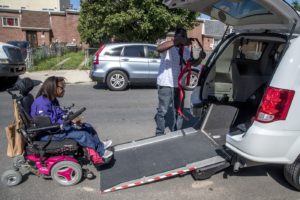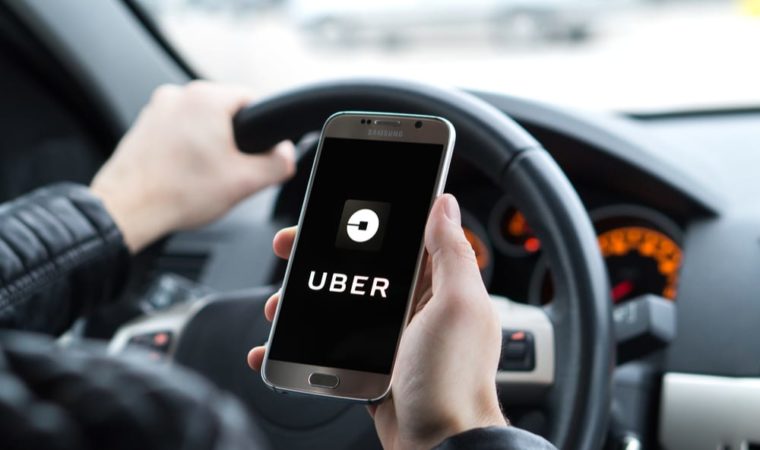Ride Sharing: Is Accessibility Required?
Written by Mackenzie Saunders:
Ride sharing services, such as Uber and Lyft, have surged in popularity in the past several years. People all across the country, and the world, utilize ride sharing services on a day-to-day basis to get where they need to go. Unfortunately, ride sharing services are widely inaccessible to people with physical disabilities. Read below to learn about the complications with the Americans with Disabilities Act, accessibility, and ride sharing services.
Ride Sharing and the ADA
The Americans with Disabilities Act (ADA) was passed in 1990 and amended in 2010. The ADA protects people with disabilities from many different forms of discrimination, including public and private transportation discrimination. According to the ADA, public and private transportation services must be accessible for all passengers regardless of ability.
Unfortunately, because ride sharing services started soaring in popularity in 2013, the ADA does not explicitly mention that ride sharing services must be accessible to people with disabilities. Ride sharing services are not included under the ADA’s definition of “private transportation services”. This has led to the widespread inaccessibility and discrimination against people with disabilities in ride sharing services; many people with physical disabilities are denied Uber and Lyft rides on a daily basis because vehicles are often inaccessible. Ride sharing companies have argued that they are classified as “technology companies” rather than “transportation companies,” meaning they should not have to follow the ADA.
While the ADA does not explicitly regulate ride sharing companies, there has been a huge push by the public for Uber and Lyft to provide more accessible vehicles for passengers with disabilities. Since we cannot rely on the ADA to regulate accessibility in ride sharing companies, grassroots advocates have taken on the task of advocating for equal access. Uber and Lyft have recently added more accessible vehicles to their ride sharing service, but there is still a long way to go before ride sharing is completely accessible for all passengers.
Ride Sharing and Grassroots Accessibility Advocacy

If you are interested in partaking in ride sharing accessibility advocacy, contact us today. We are always looking for new ways to advocate for the disability community in the ride sharing world.
Together, we can push for the change we need to make ride sharing accessible for all. Contact us at 1-877-SCI-FIRM or kelley@spinalcordinjurylawyers.com today to discuss how we can work together.


